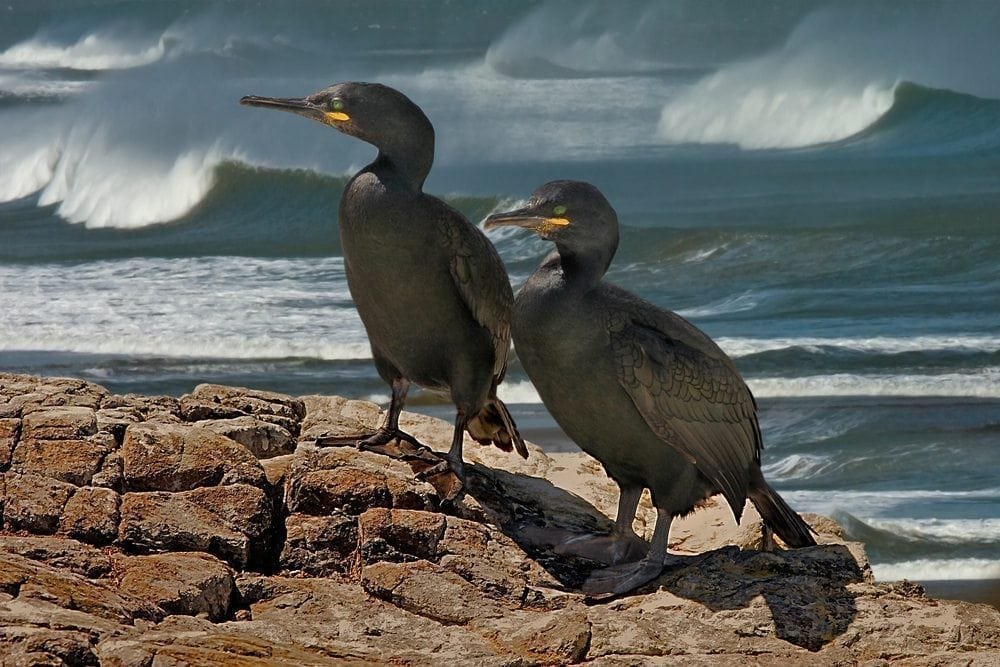A report published yesterday (16 November) by the RSPB shows that Europe’s wildlife is already being affected by climate change, and that the effects will only intensify over the course of this century.
Climate change and birds – European birdwatchers unravel how birds respond to climate change
The ‘greatest long-term threat’
The report, The Nature of Climate Change, reviews and compiles the existing evidence and shows that some of Europe’s best-loved wildlife, from birds to bees, is already at risk from a changing climate – and that this will increase over coming decades.
At the same time, a new poll of the British public has also found that Britons are more worried about climate impacts on UK wildlife than any other aspect of climate change.
‘Climate change is the greatest long-term threat to people and wildlife. We are already seeing its impacts and, alongside other pressures on land and at sea, our wildlife is increasingly at risk.’
Martin Harper, RSPB’s director of conservation
Impact on wildlife
The report brings together the most compelling examples of how Europe’s wildlife is already being affected by climate change.
Wrecks of shags
Extreme weather events have already become more frequent and intense due to climate change. This trend will continue.
Weather extremes can harm wildlife; wet and windy springs, for example, can cause mass deaths (‘wrecks’) of shags. The UK supports 45% of the world’s breeding population of this cormorant-like seabird.
Protecting habitats
Wildlife will only be able to follow suitable climate if there is enough suitable habitat available: one third of Europe’s bumblebee species could lose 80% of their current range by 2100.
Better management of existing protected areas and the creation of new protected areas, alongside measures to make the wider landscape more wildlife-friendly, will play an important role in providing habitat to enable species to move.
Changing species
Species are diverging, in terms of timing, numbers and location. In the North Sea, climate change is changing sea conditions, with knock-on changes in plankton communities.
But the incoming plankton species are less suitable than those they replace as food for sand-eels – a small fish that is in turn the main food source for kittiwakes (a small gull) and other seabirds.
Climate change is therefore a factor in the 70 % decline in kittiwake populations in the UK in recent decades.
Heading north
As the climate changes, wildlife is having to move to follow suitable conditions northwards and uphill. As a result of these range changes, species are colonising new areas. This is what we would expect under climate change.
Since 1900, at least 120 species have colonised Britain. Small red-eyed damselflies, first recorded in 1999, are spreading through the country.
Conversely, there are also signs that species ranges might be starting to retract north at their southern edges. Wildlife may be forced to move into areas where there is no suitable habitat for it.
 Play Video about This Rock Might Just Save The World
Play Video about This Rock Might Just Save The World Play Video about Play 2 hours of rock
Play Video about Play 2 hours of rock Play Video about Play 2 hours of brook
Play Video about Play 2 hours of brook Play Video about Play 2 hours of sheep
Play Video about Play 2 hours of sheep











































